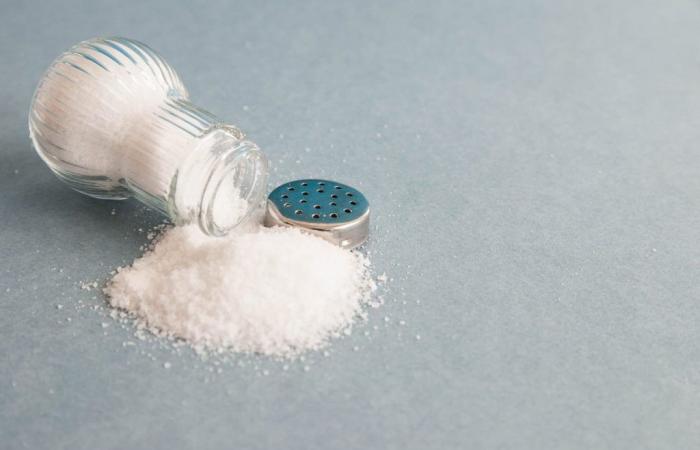Often recommended for people suffering from high blood pressure, can diet salts be dangerous for their health?
Nutrition experts regularly recommend not eating too fatty, too sweet or too salty. Regarding salt, they advise consuming no more than 5 grams per day for an adult. You must therefore pay attention to what is indicated on the composition labels of the products you buy in supermarkets. Other people opt instead for diet salts, but are they really that good for your health? 60 million consumers enlightens us.
What are the benefits of diet salts?
As a reminder, diet salts are created using chemical processes. It is then a matter of reducing the sodium chloride content, which is enriched with potassium chloride. Potassium helps in particular to limit the risks of high blood pressure. Generally, these alternatives “without salt” are recommended for people who suffer from heart failure, kidney or liver problems.
As recalled 60 million consumersthese salts without diet can have a positive impact on health. “A study carried out in China on 21,000 people even showed that after five years, users of salt enriched with potassium had significantly fewer strokes and cardiovascular accidents than others”indicates the magazine.
Diet salts, dangerous for some people?
Although they are often recommended for people who tend to have high blood pressure or those who suffer from heart failure, they should be careful if they take medications “hyperkalemics”according to 60 million consumers.
“Among them we find certain essential antihypertensives such as angiotensin-converting enzyme inhibitors, angiotensin II antagonists, sartans, or certain diuretics (spironolactone). All of them slow down the elimination of potassium, which can then accumulate in the body”, explains Professor Béatrice Duly-Bouhanick, endocrinologist and hypertensiologist, president of the SFHTA (French Society of Arterial Hypertension). This can then cause heart rhythm disturbances.
According to 60 million consumers, other people should avoid fortified salts. This then concerns those who suffer from heart failure, certain diabetics or even the elderly who have more difficulty eliminating potassium. “These salts are finally not recommended for patients suffering from severe chronic renal failure (for whom a diet low in potassium is sometimes recommended)”, specifies the magazine. In other words, if you have the slightest doubt, it is better to contact your doctor.
Pay attention to the packaging of these potassium-enriched salts
As for the manufacturers of these salts without diet, they do not get too wet, as we have seen 60 million consumers. The magazine then particularly recommends against Fitsalt salt from the Marnys brand, which only indicates on its label: “Suitable for low sodium diets, always under medical supervision”.
The warnings for people at risk are also quite light for Cérébos Equilibre salts. “-33% sodium”Essentiel de La Baleine or even Bouillet de Vitaflor, which only remind us that these products are not suitable for people “whose diet must be low in potassium”.







